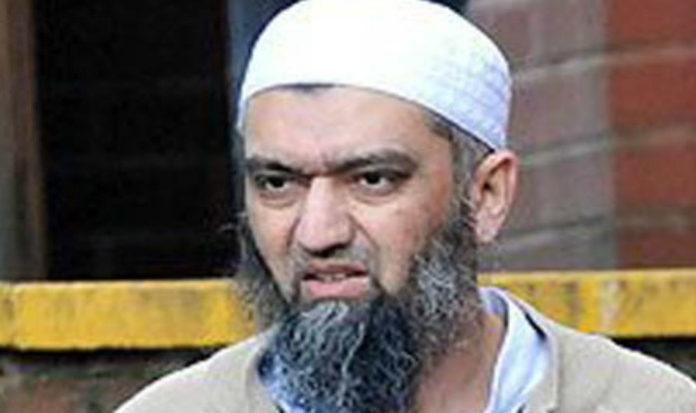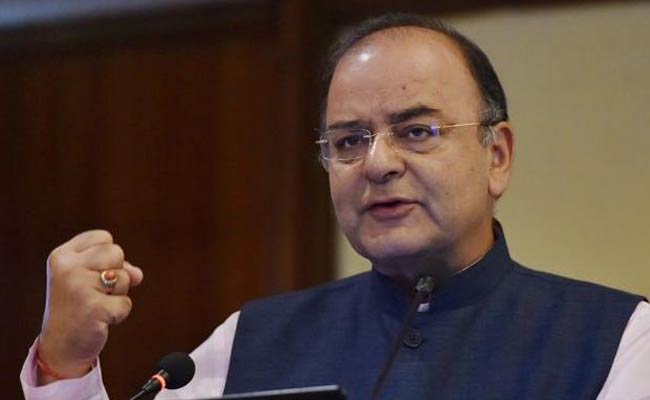Newly-appointed UK home secretary Amber Rudd is to decide on the extradition of Tiger Hanif, wanted in India in connection with two bomb blasts in Surat in 1993 following the Babri Masjid demolition, a media report said here today.
The 55-year-old Hanif, an alleged aide of underworld don Dawood Ibrahim, was traced to a grocery store in Bolton, Greater Manchester, and arrested by Scotland Yard on an extradition warrant from Indian authorities in February, 2010.
He lost his appeal in the UK High Court in April 2013 following which the case was handed over to then UK home secretary and now Prime Minister, Theresa May, to sign an extradition order.
As part of UK extradition proceedings, he was allowed to make representations to the Home Office and the case has now passed on to May’s successor Rudd’s desk.
“Further representations have been made to the Home Secretary in this case and they are currently being carefully considered,” a UK Home Office spokesperson said.
Hanif, whose full name is Mohammed Hanif Umerji Patel, arrived in the UK illegally in 1996 after skipping bail in India following his arrest over the attacks.
He was allowed to stay in Britain claiming he was a Muslim being persecuted in Hindu-dominated Gujarat and went on to obtain a UK passport in 2005.
According to a report in the Daily Star Sunday, lawyers representing Hanif have received around 200,000 pounds in legal aid or state funds sought by people unable to afford legal costs of their defence.
“The costs to taxpayers of these cases are large enough, without lengthy delays on top causing the bill to balloon. Of course procedures must be followed, but a swift resolution is in everyone’s interest, and it’d save taxpayers’ money too,” Jonathan Isaby, from UK pressure group TaxPayers’ Alliance, told the newspaper.
May had first ordered Hanif’s extradition to India in June 2012 and his last appeal was heard in the UK High Court in April 2013 when Justice Kenneth Parker said there was “no arguable basis” for not extraditing him.
Justice Parker had said in his ruling, “The information provided in the request describes how, following an attack on a mosque in December 1992, internecine hostilities broke out between the Muslim and Hindu communities in Gujarat.
“The requesting state’s case is that the appellant was part of a Muslim group which obtained explosives, guns and other weapons and then carried out revenge terrorist attacks on the Hindu community, including two explosions which resulted in loss of life, injury and damage,” he said.
The first explosion was in January 1993 in a market in Surat which killed an eight-year-old girl and the second in April 1993 at Surat railway station.
If the new UK home secretary signs the extradition order, Hanif may take his appeal to the European Court of Human Rights.
Sourced from PTI, Featured image courtesy: www.india.com
























